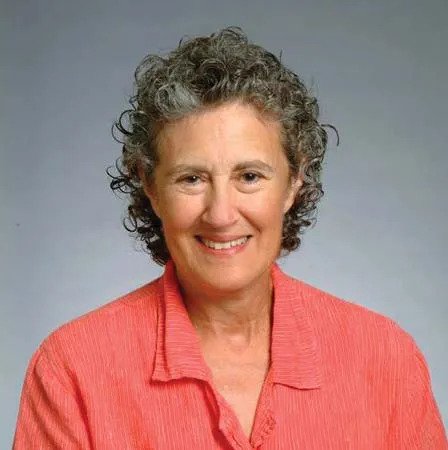
Our story starts in the late 1960s. At that time, the computer industry advanced rapidly in the computing hardware field. But programmers need to catch up despite hardware capability increasing every day.
Reason: Most programming languages needed to be updated with proper design.
At that time, most computer scientists wrote long programs and algorithms that didn’t make sense and were full of “goto” statements, which tell the machine to jump to a different part of the program if a certain condition is met.
Without proper design, programs were hard to read, unpredictable, and dangerous. One example is the Therac-25 computer, which controlled a radiation machine. This machine delivered massive radiation overdoses to cancer patients because of a fault in programming.
In 1968, Barbara Liskov finished her Ph.D. in computer science at Stanford University. After graduating from Stanford, Liskov joined the faculty at the Massachusetts Institute of Technology (MIT).
Liskov identified the issue with structure and flow in existing programming languages. She wanted to organize software so that programmers could control flow while making sense of its complexity.

Liskov led the team that created the first programming language, CLU (short for “cluster”). CLU didn’t use go-to statements. Instead, it used a method Liskov came up with called “data abstraction,” which organized code into modules.
Every important programming language used today, including Java, Python, C++, and C#, is a descendant of CLU.
Liskov’s journey was not without problems. In the past, it was hard for women to work in the field of computer science.
At that time, the computer science field was a kind of “old boys’ network.” where a group of male coworkers recommended each other for jobs. Most of her male colleagues were not aware of “sexism.”
Liskov was denied a faculty position at MIT because she was a woman in the field of computer science. Eventually, when she started at MIT, she was one of 10 women on the staff of 1,000 MIT faculty members.
Despite the obstacles, Liskov not only paved the way for modern programming languages but also inspired countless women around the globe.
Liskov won the Turing Award in 2008 fo